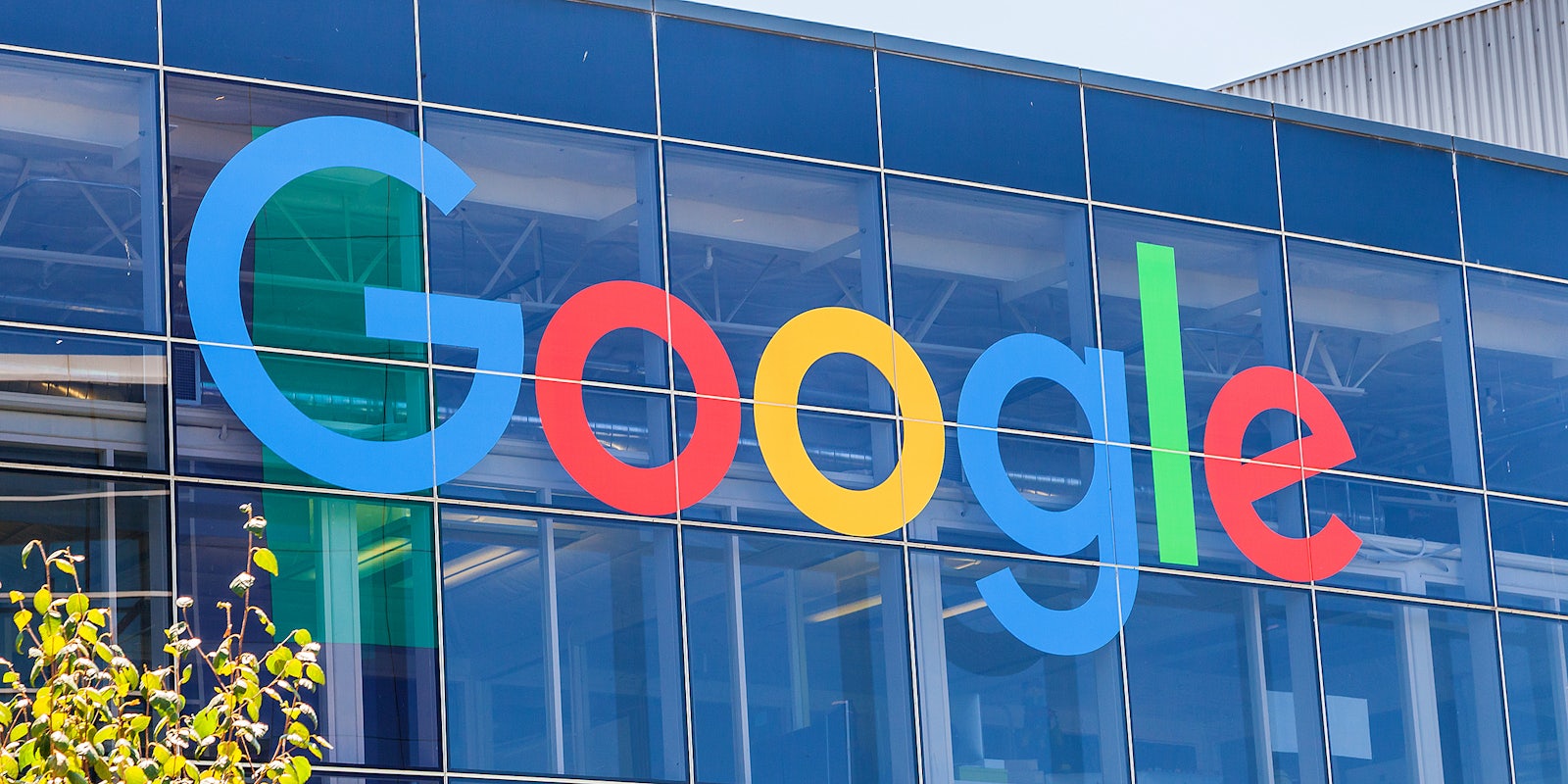Thousands of Google employees around the world walked out of work last week to protest the company’s mishandling of sexual misconduct allegations. Now, employees aren’t pleased with how Google has responded to the walkout.
The protest was inspired by a number of issues related to sexual misconduct and gender equality at the tech giant, but the most publicly visible was the $90 million payout given to programmer Andy Rubin after he was credibly accused by a fellow employee of sexual misconduct.
On the day of the walkout, the organizers of the protest—Claire Stapleton, Tanuja Gupta, Meredith Whittaker, Celie O’Neil-Hart, Stephanie Parker, Erica Anderson, and Amr Gaber—published a list of demands for Google. Many focused on how sexual misconduct and harassment is handled at the company: The organizers demanded an end to forced arbitration, as well as wanted a publicly disclosed sexual harassment transparency report and a clear process for reporting sexual misconduct that is uniform at Google offices around the globe.
On Thursday, Google responded to these demands, saying it would end forced arbitration and provide more information about sexual harassment investigations in their investigations report. According to the statement, there will also be an overhaul of the sexual misconduct reporting system. This includes streamlining the reporting process into one channel, allowing Google employees to have a support person during arbitration, and providing counseling and career support after arbitration is over.
However, sexual misconduct wasn’t the only thing Google employees were protesting. The organizers had also demanded a commitment to ending pay and opportunity inequity, and that the chief diversity officer be promoted so that they can go directly to the CEO or Board of Directors with equity issues.
In a post on Medium, the organizers commended Google for quickly responding, but also criticized where it had failed. “The response ignored several of the core demands,” they wrote. “Like elevating the diversity officer and employee representation on the board—and troublingly erased those focused on racism, discrimination, and the structural inequity.”
Organizers say they “look forward” to meeting with leadership to discuss their remaining demands.


